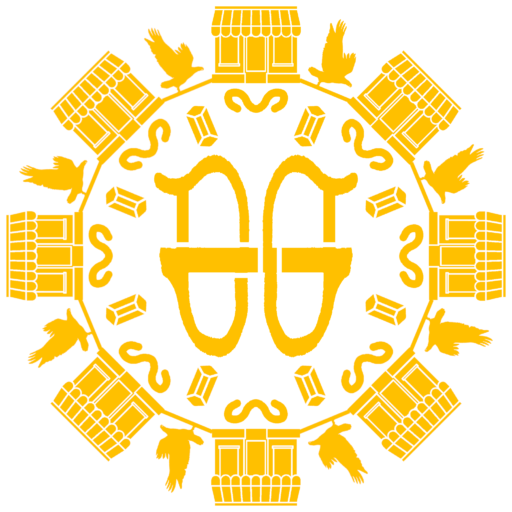This name change dives into the unique circumstances of the legal technicalities of Code Noir during French colonialism in Guiana.
Amomba (Later Suzanne) (1673/1683-1704)
Based on what little is known about Paille, she may have come from the Gulf of Guinea. We do know that she was forcibly taken to the French colony of Guiana, given the baptismal name Suzanne, and sold to a lieutenant named François de la Mothe Aigron. After granting her freedom, she married a French soldier named Jean Paille.
Suzanne Amomba Paillé (1704-1755)
Suzanne: her baptismal name
Paille: surname of her husband Jean Paille
While the interracial marriage was considered legal, she would later have difficulty claiming ownership of his Macouria after his death. Paille successfully sued the government and was granted the land. She eventually donated her wealth to ensure the education of the children of her country.
Sources
- “Dossier 5—Vivre aux colonies: la complexité des dynamiques sociales” (PDF). Rapport de recherche-formation sur le Fait colonial [Research training report on Colonial Facts: Document 5—Living in the colonies: the complexity of social dynamics] (Report) (in French). Toulouse, France: Académie de Toulouse. 2009. Archived from the original (PDF) on 11 October 2016.
- “Suzanne Amomba Paillé.” Wikipedia.
- Traver, Barbara (2016). “Paillé, Suzanne Amomba (c. 1673–1755)”. In Knight, Franklin W.; Gates, Jr, Henry Louis (eds.). Dictionary of Caribbean and Afro–Latin American Biography. Oxford, England: Oxford University Press.
- Virassamy, Audrey (4 July 2012). “Suzanne Amomba, la négresse libre devenue Madame Paillé” [Suzanne Amomba, the free black known as Madame Paillé]. France-Guyane (in French). Cayenne, French Guiana. Archived from the original on 24 September 2016. Retrieved 9 November 2017.
